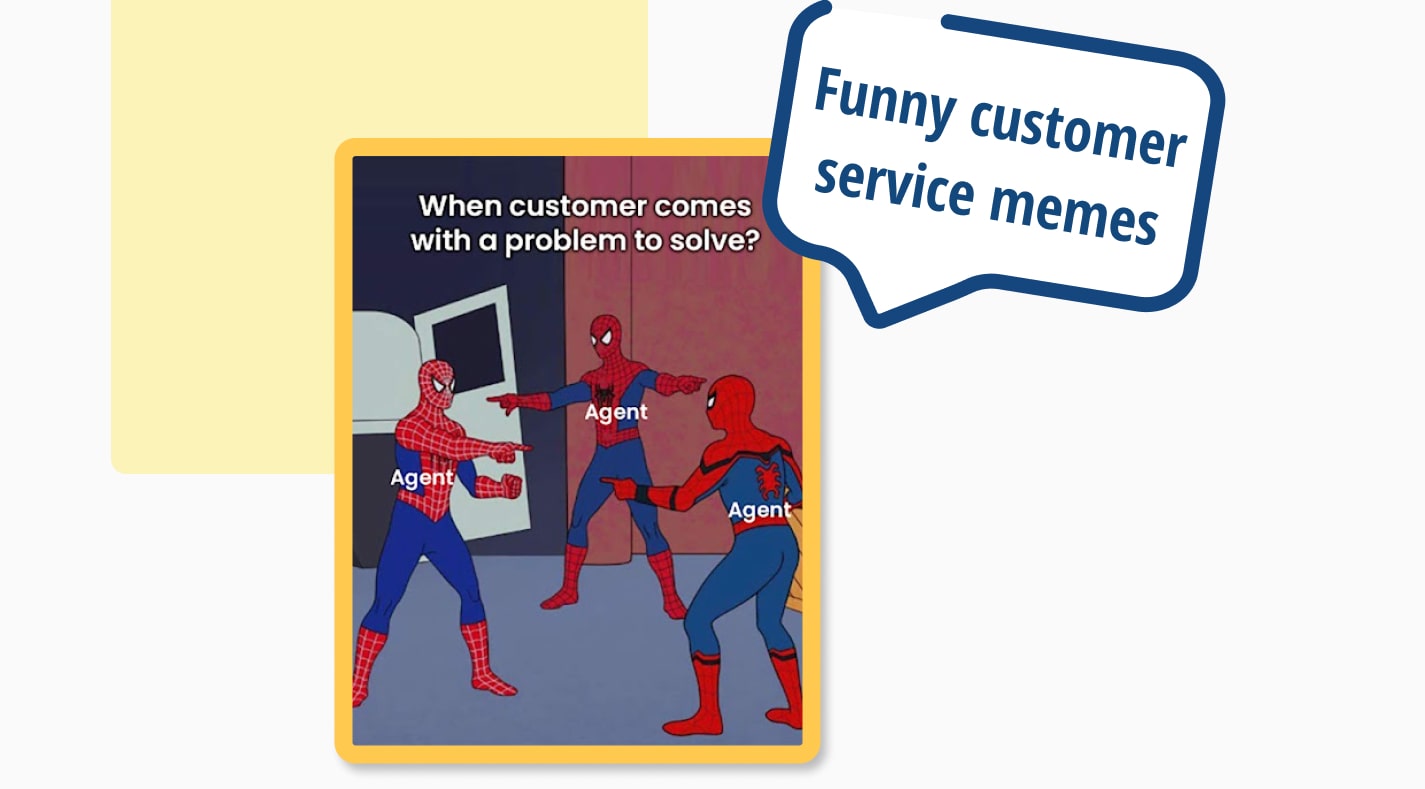
App engagement refers to how your clients or users interact with your app. Your business mobile app is a direct representation of your brand. So, increasing app engagement should have a positive impact on your business.
App engagement is crucial for any business because it impacts business health. Strong app engagement builds a base of loyal clients and users. These users interact with the app on a regular basis to perform transactions, fill in forms, click on ads, and so on. Without these interactions, your app may not survive in the digital world.

Measuring app engagement
There are several factors involved to measure app engagement. Often, businesses think that the time spent on an app is enough to measure their engagement. This is not the case! Time spent on the app is a measure of user engagement, which is one of the metrics of app engagement. But it is not the only way to measure app engagement.
Active users
The number of users of your app is the first metric that you can use to measure app engagement. Without users, there is no engagement. Data analytics can help you understand which users are regular or active. These are the users that keep using the app.
The duration of app usage for each active user varies. If the time spent on your app is too low, you may want to adjust your strategy. You should note that some users abandon the app if they have difficulties navigating it.
Retention rate and churn rate
Retention rate is an important measure for app engagement. It measures how users continue to use the app, instead of deleting or abandoning it. Retention refers to the number of app users as well as the churn rate of the app. If your business has a low retention rate, something may be wrong with the UI/UX of the app. Errors in the app or in your business strategy can make potential users abandon it and look somewhere else.
On the other hand, churn rate refers to how many users abandon the app within a given period. These are users that have downloaded the app but deleted or stopped using it. Churn rate works with retention rate to identify the demographics of the users who stay. This way, you can improve your marketing strategy to target the demographics of users who engage with the app.
Conversion rate
Conversion is another way to measure app engagement. It can assess how effective your marketing strategies are in gaining new clients.
Data analytics record conversion as users act within the app, such as when they buy an item. Instead of only opening the app to browse its contents, users interact with actionable items within the app. For example, users fill in online forms such as customer feedback forms. While some users buy products featured on your app. All these users count as conversions.

The importance of app engagement
App engagement is critical in determining how you can improve your business. Data analytics can track app engagement and performance. By using data, you can monitor app performance to identify which areas of the app are performing well. In contrast, you can also identify which areas need improvement.
Paying attention to engagement if you have an app, or while making an app, or even when learning how to make an app is vital for the success of your business. Here are four reasons why app engagement is essential for your business.
1. App engagement increases word-of-mouth marketing for your business
Good app engagement leads to more users knowing about your business. Since you are using the app to promote your business, user satisfaction should be at the top of your priorities. By keeping users satisfied and engaged, there is a big probability that these users recommend your app to their connections.
In this way, you can drive users to your app without spending a huge amount on marketing expenses. Plus, when you add your marketing budget to word-of-mouth marketing, you can increase brand awareness and reach a wider market.
2. App engagement improves customer experience
App engagement refers to the all-around user experience with your app. It focuses on how to keep users and give them a pleasant experience. Thus, if you have good app engagement, this means that your users have a good experience while using your app.
Businesses that fail to focus on app engagement will suffer from poor user feedback. This feedback originates from the experience that they had while using the app.
A common mistake that businesses make when trying to improve engagement is overselling. Overselling includes giving the users a ton of push notifications and in-app ads. Don't assume that this will drive more users to your app because it is a turn-off when businesses are too pushy.
Thus, businesses must find a way to improve app engagement while being sensitive to the needs of the user. Soft selling the app is a good way to gain the user’s interest while not being too aggressive.
3. App engagement can boost sales
Apps put a business in a good position to boost its sales. Whether your business is selling a product or a service, apps can impact your sales numbers. Enhancing app engagement will lead to an increase in users, which can raise your sales as well.
Aside from actual sales numbers, you can maximize app engagement for monetary purposes. You can introduce in-app advertising to gain more income while users engage with the app. However, you must not overdo the advertising. Your app will gain a lot of criticism and lose a lot of users if they have to view an ad every minute of their usage.
4. App engagement contributes to business growth and development
App engagement affects the value and health of a business. Especially in the digital world, most consumers are looking for an easy way to get updates on the latest trends.
In any business, among the key resources are digital tools that help the business remain competitive. Putting app engagement on your priority list is essential to increase client lifetime value. It keeps your clients updated with the most recent developments that your business can offer.
Focusing on app engagement will also give you enough data to remain relevant. There are several ways to collect this data, from simply asking users by using a survey to using customer data platforms, from point-to-point solutions to reverse ETL. The data you can get from engaged users can keep you one step ahead of the competition in the years to come.
The bottom line
App engagement can directly affect a business’ growth and profitability. Today, businesses are shifting towards digital tools to attract and engage more customers. Thus, app engagement has become a critical success factor for any business.
As a business owner, you should take advantage of metrics and analytics to improve app engagement. Tweaking your performance to increase app engagement is not just crucial for your business in the short term, but it can also ensure your business's longevity.



 6 minutes de lecture
6 minutes de lecture

